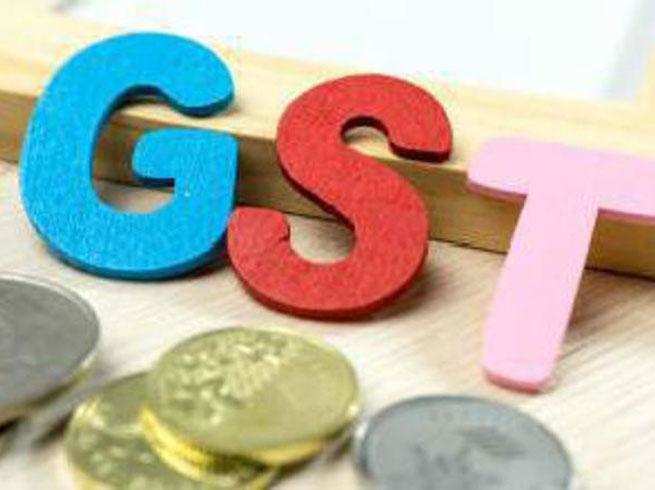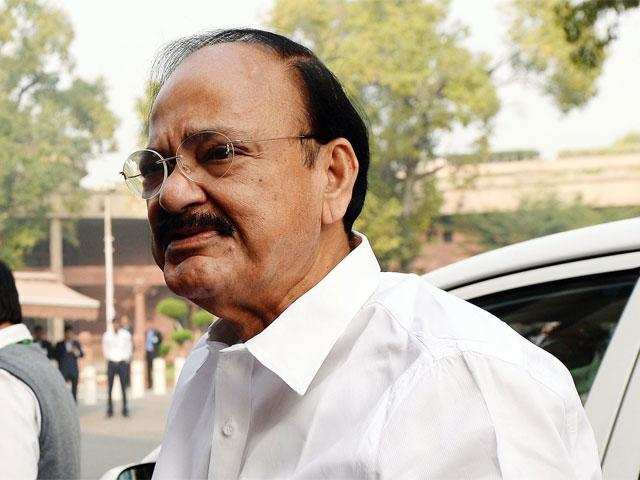Magnetic Maharashtra: State set to kickstart urban facelift drive after it gets Rs 12-lakh cr investment pledges
The two days Magnetic Maharashtra Convergence Summit 2018 has brought in for the state Rs 12 lakh crore worth investment pledges from the domestic as well foreign companies. The event comes close on the heels of chief minister Devendra Fadnavis revealing his state wants to transform into a $1 trillion economy by 2025.
The two days event was inaugurated by prime minister Narendra Modi in the presence of chief minister Devendra Fadnavis who told media persons that his sate will work to upgrade infrastructure, channel funding to aerospace, defence and gems and jewellery industry. The state government had expected Rs 10 lakh crore worth of investment promises, however, it received Rs 2 lakh more in pledges.
More than 5,000 new jobs are expected to be created provided the pledges turn into reality and funding comes on the ground. Chief minister Devendra Fadnavis while informing about the key proposals sad the metro coach factory at Latur will change the entire scenario and create huge development and employment opportunities in Marathwada. It will likely create direct employment of 15,000 and three times indirect employment, he tweeted.
"In past couple of years, Maharashtra has achieved a new trajectory in bolstering the state's industrial output. This is evident in multiple reports released by reputed financial bodies that places the state ahead of the rest in Ease of Doing Business, as also statistics such as 50 percent of infrastructural development of India being clocked in Maharashtra," Fadnavis told IANS.
Had an extremely good meeting and discussion with Hon Prime Minister of Canada @JustinTrudeau in Mumbai, this afternoon!
— Devendra Fadnavis (@Dev_Fadnavis)
According to an Indian Express report this is what prime minister Narendra Modi said, "This has happened by creating an atmosphere of governance, people-friendly policies and reducing the government's interference." The inauguration ceremony saw several big corporate entities showing their interest in Maharashtra state. Reliance Industries chairman and managing director Mukesh Ambani said his group will bring in an investment of Rs 60,000 crore to develop Integrated Industrial Area in Maharashtra. Ambani added his and RIL's endeavour will be to make Maharashtra the state the "Cradle of fourth industrial revolution" in partnership with global companies.
Reuters image.
British multinational conglomerate Virgin Group has set its eyes on putting in place a new mode of transport for the busy Mumbai – Pune route by deploying the hyperloop technology.
MoU for Metro coach factory at Latur and other ₹60,000 MoU with Reliance Industry Ltd crore also exchanged in presence of CM @Dev_Fadnavis and Union Minister @PiyushGoyal on this occasion. pic.twitter.com/ETpDdRVnDK
— CMO Maharashtra (@CMOMaharashtra)
The maker of the tube tunnel Hyperloop One has claimed the system will reduce the time taken to travel between the twin cities substantially. At present, the Mumbai-Pune Expressway serves as the fastest road on the route on which travellers take 3 to 4 hours. After the hyperloop tubes are in place, the time taken will be reduced to just 20 minutes and some reports claim 25 minutes on the stretch.
"We have signed an agreement with Maharashtra to build a Virgin Hyperloop between Mumbai and Pune, beginning with an operational demonstration track in the region," Virgin Group chairman Richard Branson told PTI on the first day of Magnetic Maharashtra investor summit here this evening.
According to an estimate, the tube transport mode will come with a 150 million passenger capacity a year. Branson told the participants that hyperlook route will transform the transportation system and make Maharashtra a global pioneer in the space, according to the PTI.
On real estate front the state has shown its keen interest in building homes for the poor under its ambitious affordable hosing programme. For the purpose, it has signed a memorandum of understanding with National Real Estate Development Corporation (Naredco) which will build three lakh affordable houses in the state. According to a report in the Hindu Business Line, the proposed investment by Naredco has been pegged at Rs 90,000 crore. The state has indicated it will make it easier for members of Naredco to get permission from the state departments concerned.
(Disclosure - Reliance Industries Ltd. is the sole beneficiary of Independent Media Trust which controls Network18 Media & Investments Ltd)
Published Date: Feb 21, 2018 14:22 PM | Updated Date: Feb 21, 2018 15:28 PM





 NEW DELHI: In a year marked with a series of policy changes to bring in more transparency, real estate remained a desirable asset for Indians as more than 15 lakh people actively searched to buy property in 2017, according to a report released on Wednesday.
NEW DELHI: In a year marked with a series of policy changes to bring in more transparency, real estate remained a desirable asset for Indians as more than 15 lakh people actively searched to buy property in 2017, according to a report released on Wednesday. By: Ravi Kumar Diwaker (Magicbricks Bureau)
By: Ravi Kumar Diwaker (Magicbricks Bureau) NEW DELHI: The Narendra Modi government has pumped in three and half times more investments than the previous UPA government to improve basic urban
NEW DELHI: The Narendra Modi government has pumped in three and half times more investments than the previous UPA government to improve basic urban